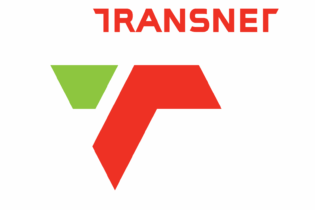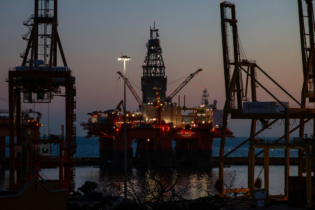Construction work on nine tugboats for Transnet National Ports Authority (TNPA) at the Southern African Shipyards premises in Durban is well under way.
“This is a milestone project that reinforces the capacity and skill of South Africa when it comes to competing in the global shipbuilding industry,” said Eugene Rappetti, senior manager for Marine Operations at TNPA. “Despite the challenges of energy disruptions, the project team is forging ahead and has made impressive progress, with around 11% of the fabrication and construction on the project completed thus far,” he said. The project kicked off in August 2014 and is set to provide a big boost to the local economy over its 42-month lifespan. It includes the manufacture of one of the world’s largest and most powerful harbour tugs. Two tugs will be allocated each to the ports of Durban, Richards Bay and Port Elizabeth while Saldanha, which handles the largest carriers and has had a history of vessel groundings, would receive three tugs. Latest technology “The increased bollard pull of these new generation tugs meets international standards and they also feature the latest global technology. The tugs have Voith Scheider propulsion which makes them highly manoeuvrable and able to change the direction and thrust almost instantaneously while guiding large vessels safely into our ports,” he said.Given the project’s tight deadlines five tugs will be under construction simultaneously at any given time. Rappetti said the first tug was already about 35% completed and its hull and superstructure were 70% completed. The first tug is expected to be handed over in January 2016 to the port of Port Elizabeth, followed by handovers every three months until the last one is launched in early 2018.
Subcontractors on the project include well-known multi-nationals such as Barloworld Equipment, Siemens, Voith Schneider, as well as local contractors such as Bradgary Marine Shopfitters. Local content Southern African Shipyards CEO Prasheen Maharaj said his company had created 500 direct and 3,500 indirect jobs through the project. “We have committed to ensuring that each tug has a minimum of 60% locally manufactured components, while partnering with international companies on the remaining aspects that cannot be manufactured here, for example, the engines and propulsion units.” A number of national and international training and development opportunities are being created for local employees, with TNPA already set to send employees to Germany and Norway for training on the new propulsion units. They would also receive training locally for four to six weeks






